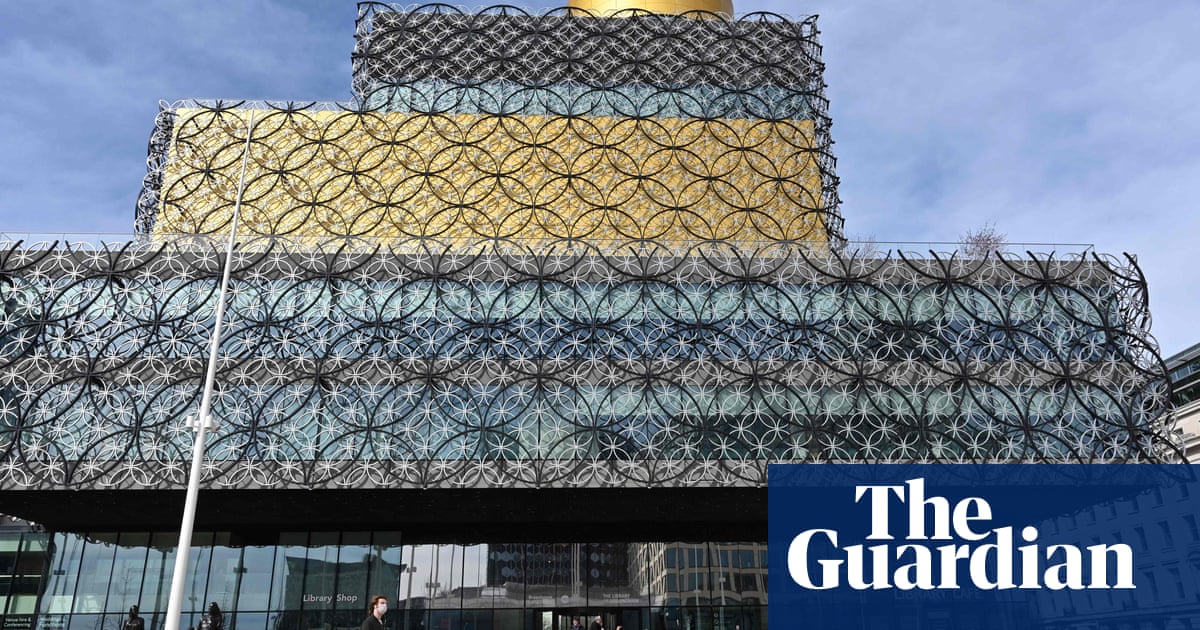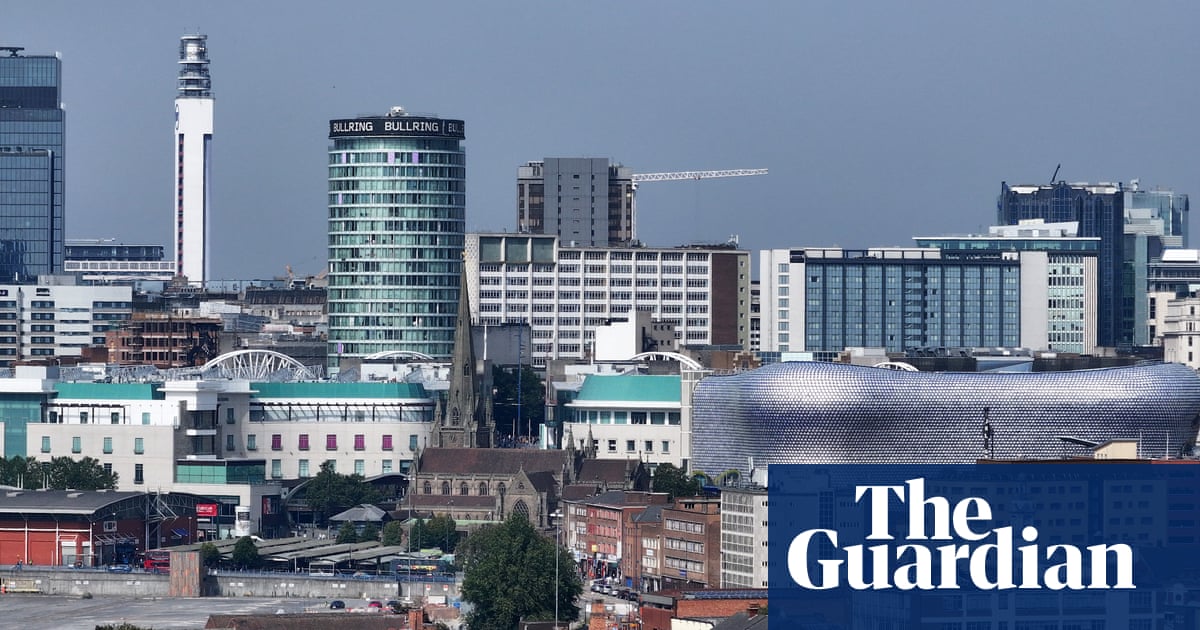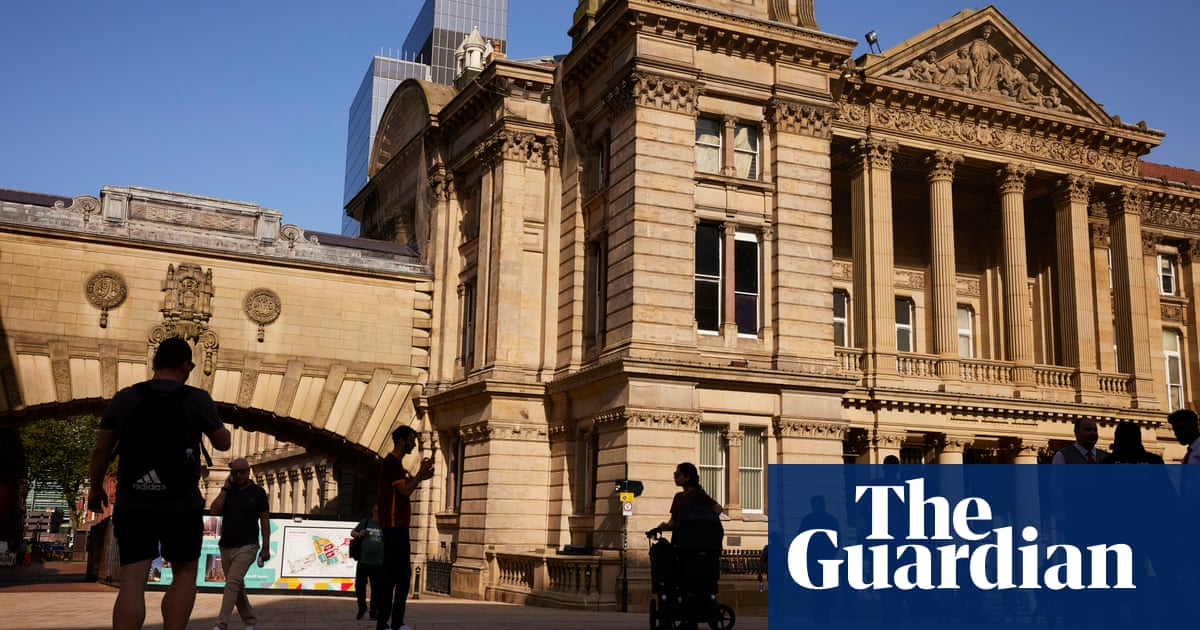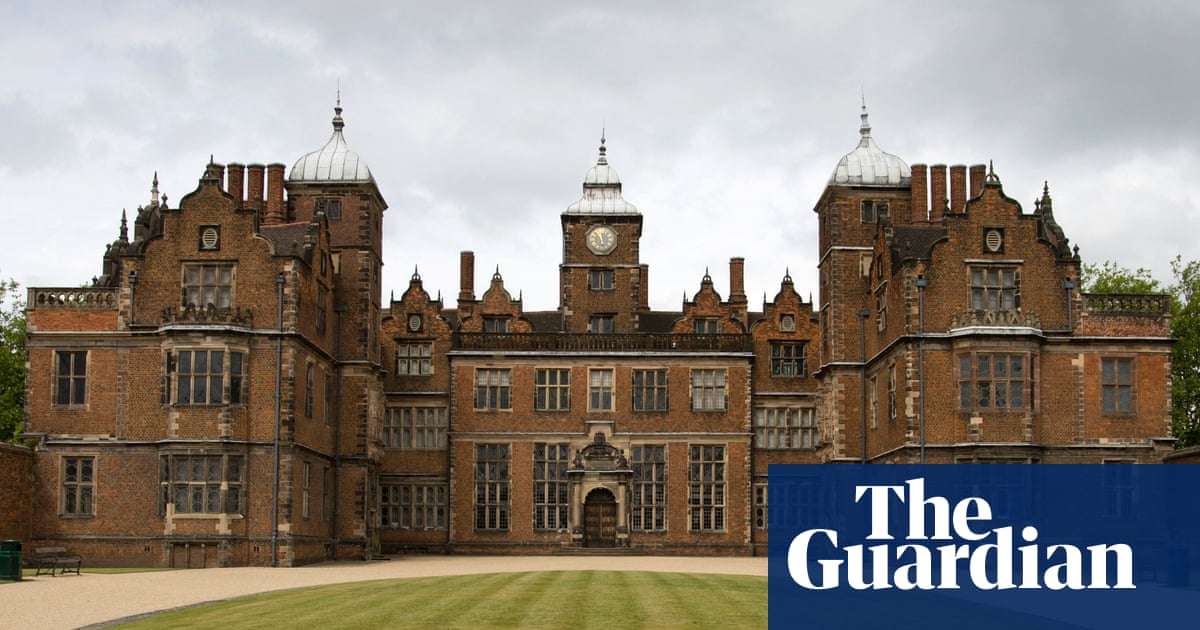
As government commissioners are sent to run Birmingham city council as it embarks on the challenge of pulling itself back from the financial brink, speculation is growing about which council assets could be at risk.
Back in 2015 the local authority sold the NEC Group, which includes the National Exhibition Centre, International Convention Centre, Utilita and Resorts World Arena, for £307m to help fund its equal pay claim bill, which has only continued to rise since.
A financial recovery plan, to be discussed at an emergency council meeting next week, states there should be a review of all assets, which will lead to an “assets disposal programme”.
Andy Street, mayor of the West Midlands, said he would be “totally against” selling cultural attractions to foot the bill but said “an asset sale for an authority so rich in land is absolutely right”.
“The council has billions of assets, and these must be utilised to clear the bill ASAP,” he said. “A taskforce of property experts needs to come in and help the council utilise their rich balance sheet to address their cashflow problems.”
So what assets does the council own and what is most at risk?
Birmingham airport stake
One of the first assets to go could be the council’s stake in Birmingham airport. It owns 18.68% of the total shareholding, alongside the six other district councils across the West Midlands. The airport, which in May was ranked worst in the country for delays for the second year running, was majorly affected by Covid and continues to make a net loss.
Library of Birmingham
The 10-level city centre library, now a Birmingham landmark, was opened in 2013 and cost £189m, more than three times as much as any other in the library project in the UK at the time. It is home to a number of nationally and internationally significant collections, including the largest Shakespeare collection in any public library in the world.
Questions have been raised about who would be interested in buying such venues, and a leaseback deal could be more likely – in which the council would sell property to a third party who agrees to lease it back to the council. Last year, Glasgow city council sold Kelvingrove Museum and Art Galleries and City Chambers in a leaseback agreement to fund its own equal pay claim bill.
Alexander Stadium
Along with the library, the loss of Alexander Stadium would be a huge blow to the council, especially so soon after the Commonwealth Games where it was the star of the show.
Before the 2022 event, £72m was spent refurbishing the venue which hosted the opening and closing ceremonies, and athletics competitions. Near to the stadium, in Perry Barr in the north of the city, is a new housing development of almost 1,000 flats unveiled by the council earlier this year. It was initially designed to be an athletes’ village for the games, before the plan was scrapped because of delays caused by Covid.
Birmingham Museum and Art Gallery
Suggestion that the city centre museum and art gallery, home to the largest public pre-Raphaelite collection in the world, could be sold has prompted large concern among residents. It is operated by Birmingham Museums Trust, but the council owns both the building and its collections.
The venue is closed for maintenance work, with plans to reopen in 2024, and posted a statement on social media this week to reassure visitors: “Recent coverage about the future of the museums is speculation. We will continue to care for and protect the city’s cultural heritage on behalf of the people of Birmingham.”
Land and housing
The local authority owns about 10,520 hectares (26,000 acres) of land across the city, and its property portfolio has a value of over £2.4bn. It also has the largest council housing stock in the country with about 59,000 social housing properties.
There has been no clear indication yet of whether council housing could be on the list in a firesale of council assets, but there is concern council houses could be sold and outsourced to housing associations. The leader of Thurrock council, which issued a section 114 “bankruptcy” notice last year, refused to rule out selling 10,000 homes to help pay off its £1.5bn debt.
There have also been signs Birmingham city council is struggling to keep up with the costs and demands of its housing stock. A report by the Regulator of Social Housing in May found about 23,000 homes had serious health and safety issues including overdue asbestos checks, and fire and electrical risks.












